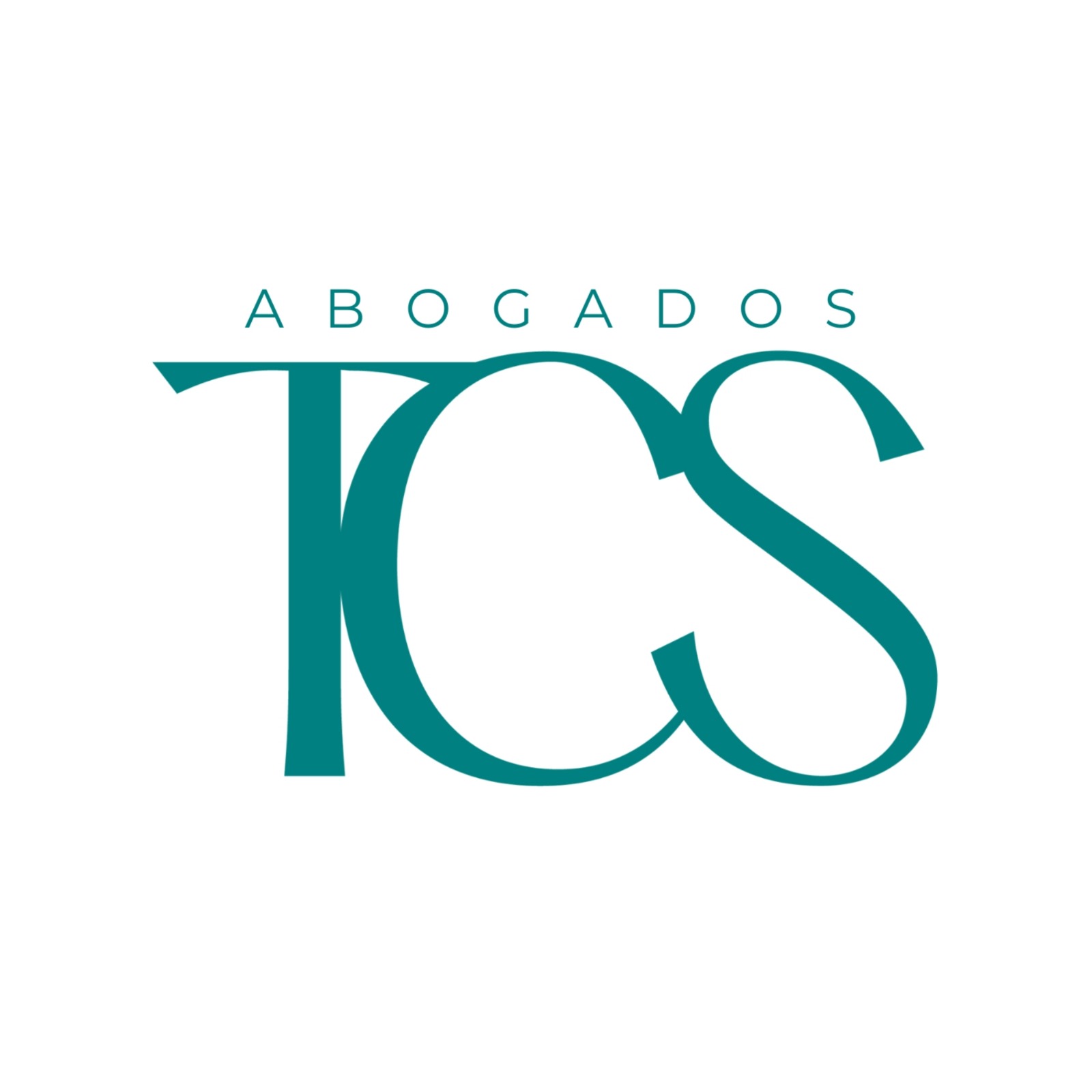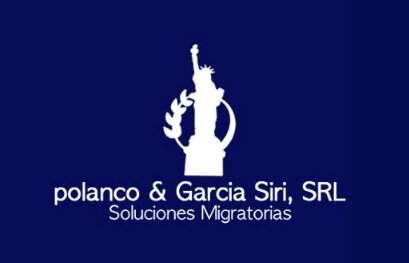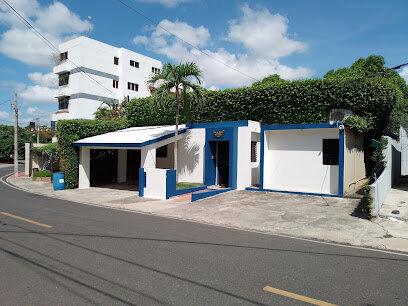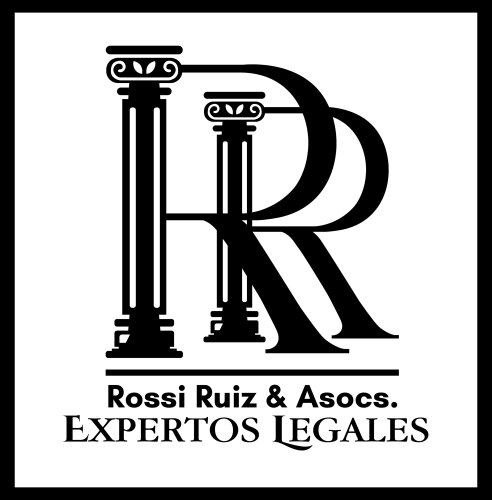Best Discrimination Lawyers in Dominican Republic
Share your needs with us, get contacted by law firms.
Free. Takes 2 min.
Or refine your search by selecting a city:
List of the best lawyers in Dominican Republic
About Discrimination Law in Dominican Republic
Discrimination in the Dominican Republic is a critical issue addressed by various legal frameworks to ensure equality and protect the rights of individuals. Discrimination can occur in many forms, such as based on race, gender, age, disability, sexual orientation, religion, or social status. The country's laws are designed to prevent and resolve issues of discrimination, promoting fairness and equal opportunity across different areas such as employment, education, and public services.
Why You May Need a Lawyer
There are several situations where you might need the assistance of a lawyer regarding discrimination issues in the Dominican Republic:
- If you have experienced unjust treatment or exclusion in your workplace, which you believe is due to discriminatory reasons.
- When you face discrimination in accessing public services or housing.
- If you encounter bias or unequal treatment in educational settings.
- If you are retaliated against for reporting discriminatory practices or supporting a victim of discrimination.
- When seeking to understand your legal rights and the protections available to you under Dominican law.
Local Laws Overview
The Dominican Republic has enacted several laws to combat discrimination and promote equality. Key aspects include:
- The Constitution of the Dominican Republic, which provides equal protection under the law and prohibits discrimination based on various personal characteristics.
- The Labor Code, which prohibits discrimination in employment and ensures equal opportunity and treatment in the workplace.
- The Law on Disabled Persons, which addresses discrimination against individuals with disabilities and promotes their integration into society.
- The Equal Opportunities Act, focused on eliminating discrimination and promoting equal opportunities, particularly regarding gender inequality.
- International conventions ratified by the Dominican Republic, such as agreements on racial discrimination, women's rights, and other human rights covenants.
Frequently Asked Questions
What constitutes discrimination under Dominican law?
Discrimination involves treating an individual or group unfavorably due to characteristics like race, gender, age, sexual orientation, or disability, and is prohibited under various laws in the Dominican Republic.
Can discrimination cases be brought to court in the Dominican Republic?
Yes, individuals who believe they have been discriminated against can file complaints with local courts or relevant government agencies that address human rights violations.
What types of discrimination are most commonly recognized?
Commonly recognized forms include racial, gender, age, disability, and religious discrimination, although any unjust treatment based on personal characteristics may be considered.
Are there any government bodies responsible for handling discrimination issues?
Yes, the Ministry of Labor, the Public Ministry, and various human rights institutions are involved in addressing discrimination complaints and promoting equality.
How can I prove a case of discrimination?
Proof usually involves providing evidence of differential treatment compared to others in a similar context and demonstrating that this treatment is based on discriminatory factors.
What protections exist for whistleblowers reporting discrimination?
The law provides protections for whistleblowers to prevent retaliation when they report discriminatory practices or support victims in discrimination cases.
Can foreigners claim discrimination protection in the Dominican Republic?
Yes, discrimination laws apply to all individuals within the Dominican Republic, including foreigners, ensuring equal protection under local laws.
Is there any way to resolve discrimination issues outside of court?
Yes, mediation and conciliation processes through government agencies or legal advisors are available to solve issues amicably before pursuing court action.
What are the potential legal remedies for discrimination victims?
Legal remedies may include compensation for damages, reinstatement of employment, or implementation of corrective measures to prevent future discrimination.
How long do I have to file a discrimination complaint?
The time frame can vary based on the type of complaint and specific circumstances, but it is generally recommended to seek legal advice promptly to ensure timely filing.
Additional Resources
For those seeking further assistance, the following resources may be helpful:
- The Ministry of Labor - Offers guidance on employment-related discrimination.
- National Human Rights Commission - A body focusing on human rights violations, including discrimination.
- Local NGO’s focused on equality and human rights - Can provide support and additional resources.
- Legal aid services - Assist individuals in navigating the legal processes related to discrimination.
Next Steps
If you believe you have been a victim of discrimination and require legal assistance, consider the following steps:
- Gather evidence supporting your claim, such as documentation of incidents, witness statements, and any relevant correspondence.
- Consult with a lawyer specializing in discrimination law to evaluate the details of your case and receive professional advice.
- Consider filing a formal complaint with the relevant governmental body or seeking mediation services.
- Stay informed about your rights and the procedures involved to navigate your case effectively.
Taking prompt action and seeking the right legal counsel can significantly impact the resolution of discrimination issues, ensuring your rights are protected and upheld.
Lawzana helps you find the best lawyers and law firms in Dominican Republic through a curated and pre-screened list of qualified legal professionals. Our platform offers rankings and detailed profiles of attorneys and law firms, allowing you to compare based on practice areas, including Discrimination, experience, and client feedback.
Each profile includes a description of the firm's areas of practice, client reviews, team members and partners, year of establishment, spoken languages, office locations, contact information, social media presence, and any published articles or resources. Most firms on our platform speak English and are experienced in both local and international legal matters.
Get a quote from top-rated law firms in Dominican Republic — quickly, securely, and without unnecessary hassle.
Disclaimer:
The information provided on this page is for general informational purposes only and does not constitute legal advice. While we strive to ensure the accuracy and relevance of the content, legal information may change over time, and interpretations of the law can vary. You should always consult with a qualified legal professional for advice specific to your situation.
We disclaim all liability for actions taken or not taken based on the content of this page. If you believe any information is incorrect or outdated, please contact us, and we will review and update it where appropriate.
Browse discrimination law firms by city in Dominican Republic
Refine your search by selecting a city.
















